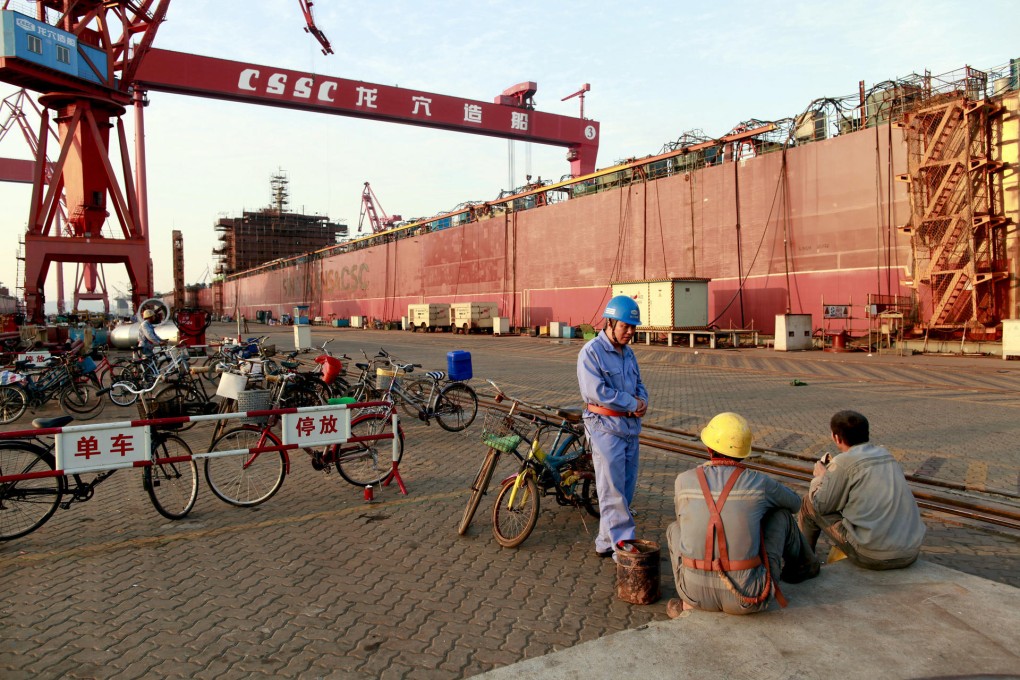Guangdong eyes SOE reform
Province gives the nod to reputation as pioneer for economic reform in setting detailed timetable for changes at state-owned enterprises

Guangdong has set an ambitious timetable for reform of its state-owned enterprises (SOEs), including a goal for more than 70 per cent of the province's state firms to open up to private capital by 2017.
Some analysts think the target is too optimistic, especially while key factors - such as which industries will let in private investors and what ownership levels they can move to - are not spelled out. This is despite a blueprint issued by provincial authorities last month running to 7,000 words over 14 pages.
Notwithstanding the grey areas in the document, the Guangdong initiative vaults the province to front-runner status on reform of a sector that has been declared a key priority by Beijing. While other provinces have issued similar blueprints, the Guangdong document is by far the most detailed and presents a clearer timetable.
Guangdong officials are seemingly making a nod to history. After all, the province secured its reputation as a pioneer for economic reforms on the mainland in the late 1970s.
Professor Lu Yuanli of Shenzhen University said Guangdong feels it is its duty to be on the frontline of the mainland's economic reforms. "This is a tradition. When Deng Xiaoping in 1992 encouraged Guangdong to catch up with the 'four dragons', Guangdong has taken it as its historical responsibility to develop fast and well economically," he said, referring to the reform architect's focus on narrowing the development gap with Singapore, Taiwan, Hong Kong and South Korea.
In addition to Guangdong's target for 70 per cent of its state enterprises adopting a mixed-ownership structure by 2017, meaning allowing some form of private ownership, the province wants to see private investors on board all SOEs by 2020. This requirement excludes those state enterprises deemed to be subject to national security considerations, with investors left guessing on the industries that may be off-limits.
Gilbert Ho, managing partner of AID Partners Capital, a Hong Kong-based private equity fund, thinks Guangdong will struggle to meet the 2017 deadline for the first phase of the reforms.